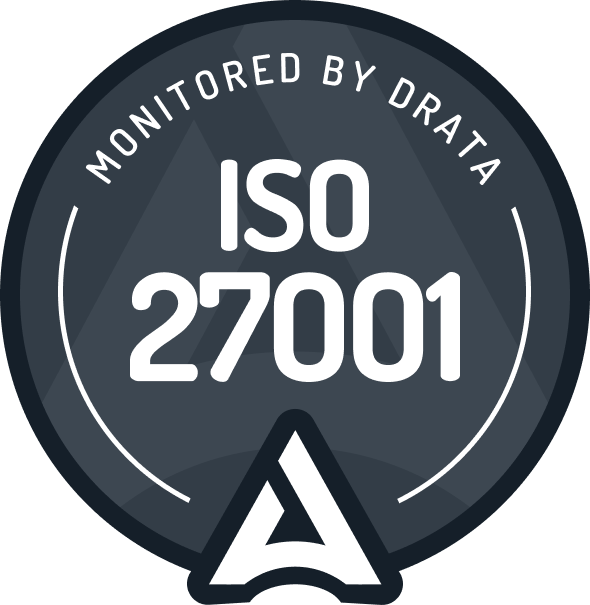The Shortcomings of Payroll Audits and What to Do Instead

Why Traditional Payroll Audits Fall Short and What to Do Instead
Payroll compliance has become increasingly challenging as regulatory scrutiny intensifies. Over the past three years, Fair Work has ramped up its activity by 300%, highlighting a growing focus on organisations implementing proactive compliance controls. In response to this, many organisations are turning to payroll audits as an ongoing control.
Despite their popularity, payroll audits often fall short in addressing all potential issues. Traditional audit methods, including those reliant on sample testing, may not provide a comprehensive view of your entire payroll.
What is a Payroll Audit?
A payroll audit typically involves reviewing a sample of employee records to ensure that pay is accurate with relevant awards and enterprise agreements. This process typically includes checking employees’ rostered hours against their actual hours worked, and pay records to assess compliance with the relevant industrial instruments.
The goal is to identify any risks of underpayment and ensure that all payroll practices meet legal and contractual requirements.
The Limitations of Traditional Payroll Audits
Payroll audits are designed to evaluate the accuracy and compliance of payroll systems, but they come with inherent limitations.
- Traditional annual payroll audits often give an incomplete picture of compliance. By focusing on a small portion of the workforce, sample tests limit total risk awareness, potentially missing critical issues.
- These audits are typically resource-intensive and expensive, demanding significant time and financial investment without guaranteeing comprehensive results.
- While they identify risks, they fall short of solving the underlying problems; specifically, the root cause attributable to the payroll error, leaving you with highlighted issues but no clear path to resolution. This approach can lead to recurring compliance challenges and ongoing vulnerabilities.
Are Annual Audits Helping Your Proactive Approach to Payroll Compliance?
Audits play a crucial role in compliance, but their effectiveness in supporting a proactive approach to payroll accuracy can be questioned. Fair Work wants organisations to be proactive, investing in systems and expertise to ensure employees are paid correctly.
As noted in the Fair Work Ombudsman’s annual statement: “What we are noticing through our investigations into large corporate underpayments is that non-compliance is often driven by ineffective governance and a lack of investment in payroll systems, expertise and monitoring. While we have observed improvements in compliance in the large corporate sector, we are still seeing significant issues and far too many workers being underpaid.”
Given this perspective, relying solely on annual audits that review only a sample of employees may not fully address the root causes of non-compliance. Instead, a more comprehensive and ongoing approach to monitoring payroll practices is needed to align with Fair Work’s expectations.
An example of an annual audit not working
We have seen several organisations having to undertake large-scale wage remediation projects, despite having done annual audits for many years prior.
We've seen organisations focus their sample tests on what they believe to be their more complex awards or employee groups, often assuming these areas carry the most risk. However, this narrow focus can lead to overlooked issues in other parts of the business, which in our experience tends to be with salaried staff. These missed problems can snowball into bigger compliance challenges down the line, resulting in costly and time-consuming remediation projects that could have been avoided with a more comprehensive approach.
What is the alternative to doing an annual payroll audit?
Technology has transformed payroll management, offering a cost-effective and timely solution to today’s payroll challenges. With automated compliance reviews, businesses can now audit 100% of their workforce in minutes, factoring in modern awards and enterprise agreements to enhance payroll governance.
The efficiency and affordability of automated payroll compliance tools like PayPrecision make it possible to review your entire workforce, not just a sample, in a fraction of the time. This comprehensive approach provides complete employee data visibility, total risk awareness, improving operational efficiency and allowing companies to implement business changes more frequently rather than relying on annual reviews and top-up payments. By gaining deeper insights into your payroll, you can avoid large-scale remediation projects caused by discrepancies that traditional sample testing often misses.
PayPrecision gives stakeholders, from the board to investors and Fair Work, confidence that your business is compliant and optimises its payroll systems to ensure employees are paid accurately. With so much at stake, elevating your compliance by reviewing your entire workforce is crucial for long-term business success.




.png)


.png)













.webp)

.webp)